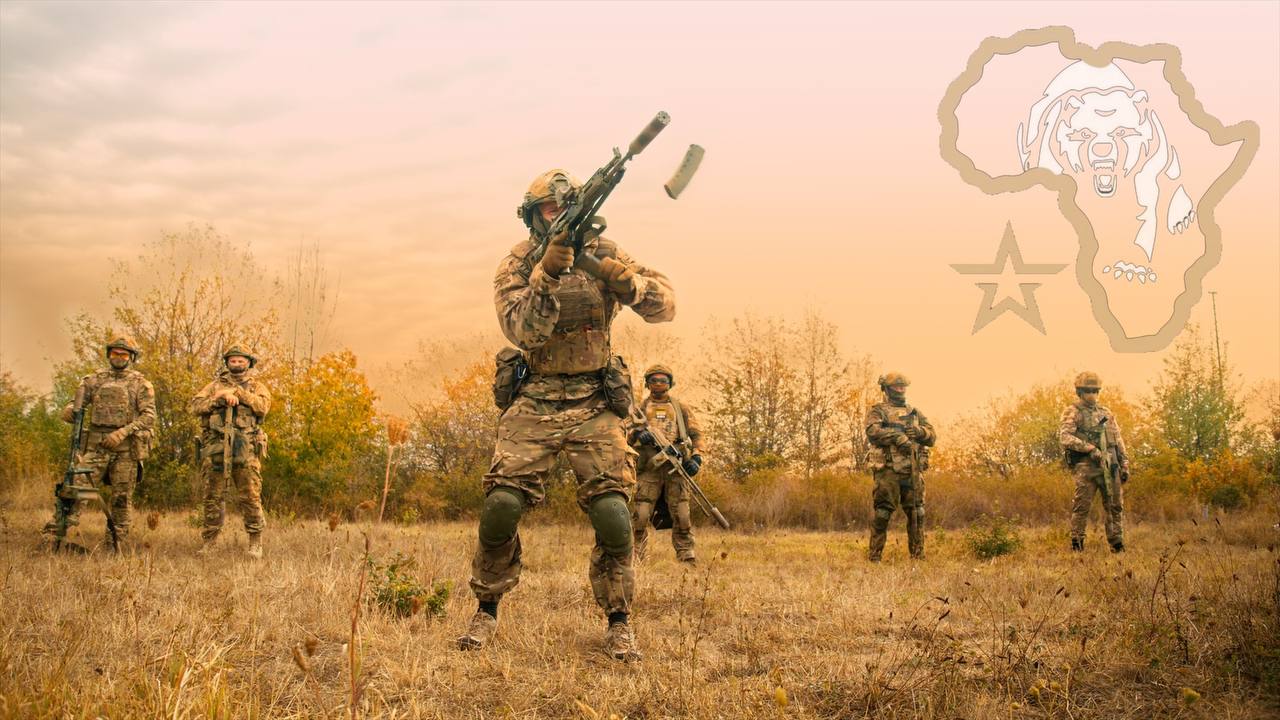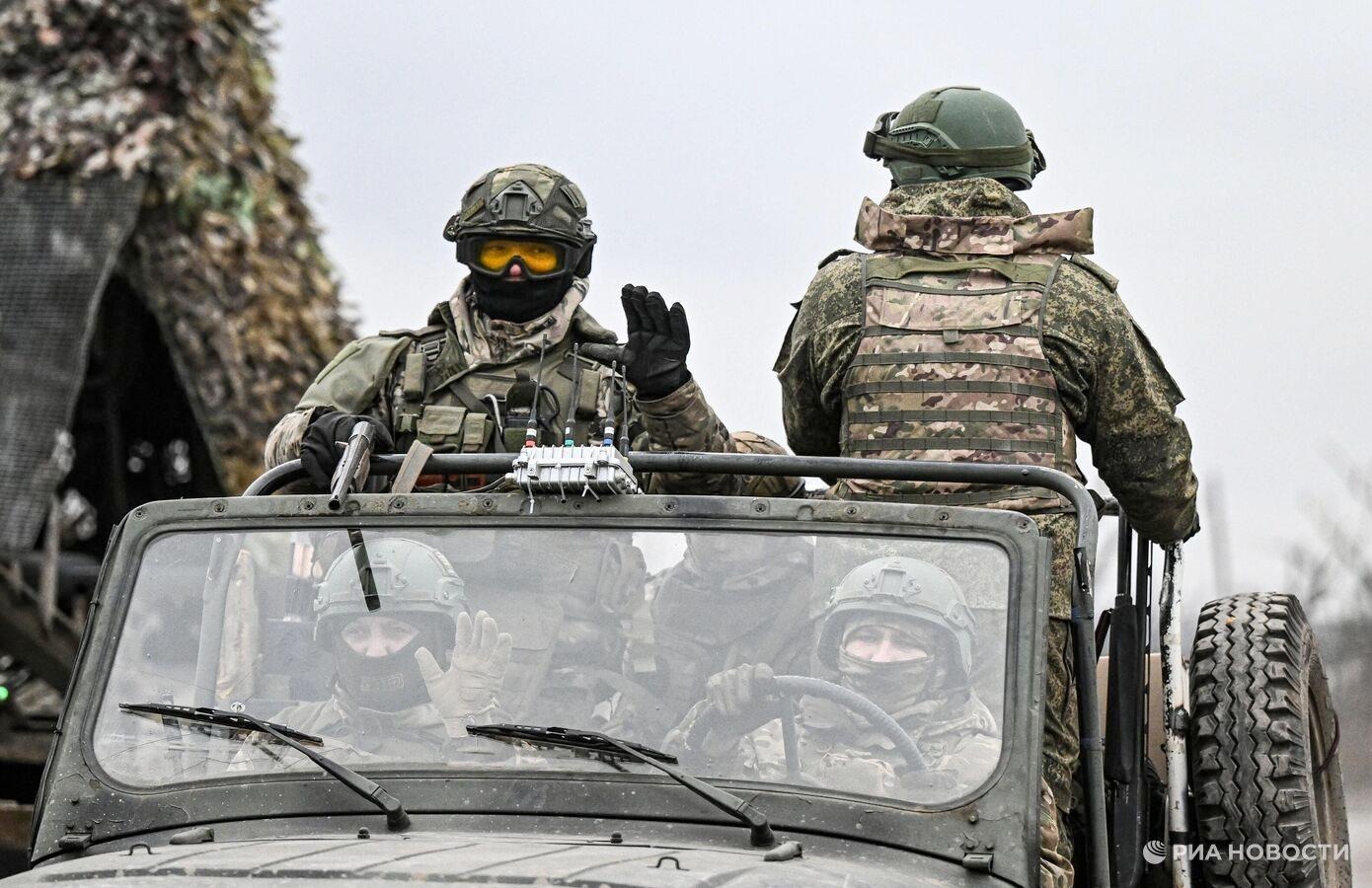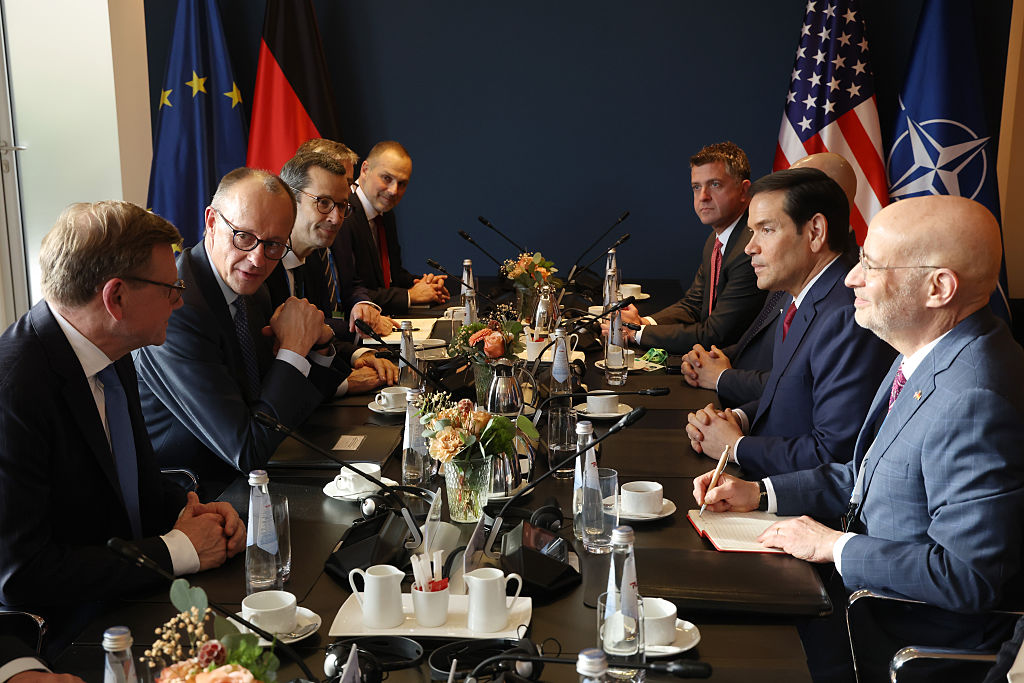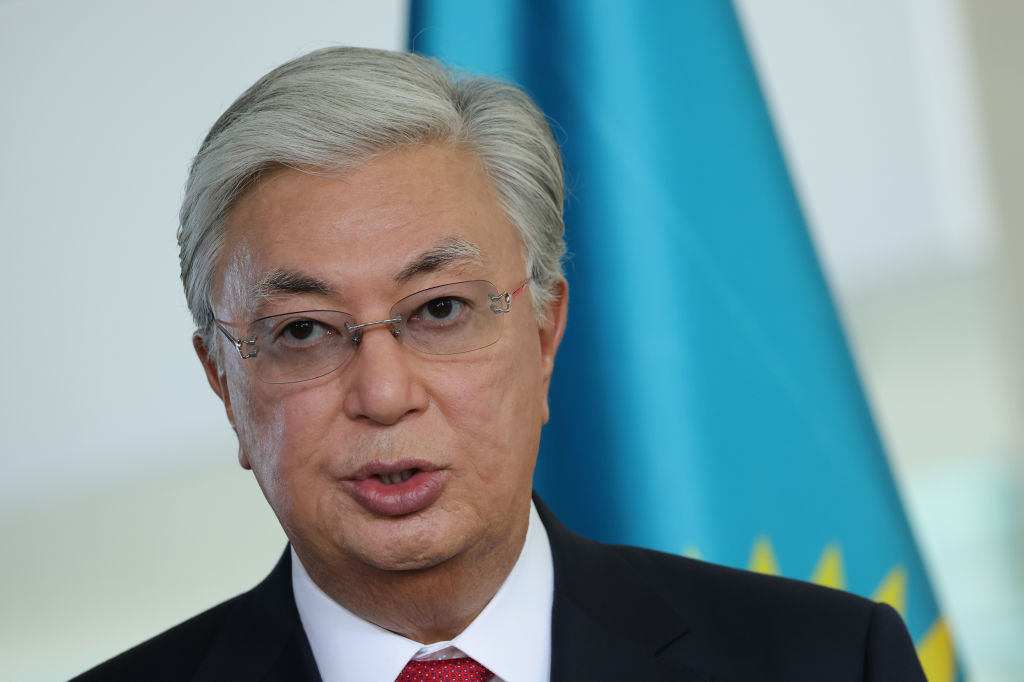
Russian Defense Ministry’s Africa Corps in Trouble
Russian Defense Ministry’s Africa Corps in Trouble
Executive Summary:
- As Moscow seeks to expand its influence in Africa, Moscow aims to unify all Russian soldiers in Africa, including former Wagnerites who were loyal to the late Yevgeny Prigozhin, into a single effective Africa Corps.
- That effort has not gone well, and this failure is partly to blame for Russian difficulties in fighting in Africa, which casts doubt on Moscow’s ability to pursue its increasingly expansive political and economic program on the continent.
- Limited by manpower requirements for Ukraine, the Africa Corps has turned to African recruits. If the conflict in Ukraine eases, Moscow may deploy more Russian forces to Africa, posing new challenges for the West.
Until the end of 2023, Moscow used Yevgeny Prigozhin’s Wagner, nominally a “private” military company (PMC), as the muscle behind Russia’s effort to gain political influence and economic advantage across Africa. Following the death of Prigozhin in August 2023 and growing concerns about the political consequences of such nominally independent units for the Kremlin, the Russian government decided to replace PMCs in Africa with a single Africa Corps directly subordinate to the Russian Ministry of Defense (Window on Eurasia, January 11; see EDM, March 18). While most of the personnel in that unit are still former Wagnerites, this new arrangement has not been successful. Russian forces are suffering numerous losses, and Russian commanders on the scene have been trying to fill the gaps with African militants and separatists. These decisions have cost the Russian government influence in the region. influence that Moscow has not been able to regain fully by its use of economic leverage or the propaganda work of the Russian Orthodox Church (Window on Eurasia, February 23, 2023; see EDM, January 23, October 9; see Terrorism Monitor, July 9).
A new study highlights Moscow’s problems in the existing ranks of its Africa Corps and its ongoing recruitment efforts. Conducted by the independent Verstka news portal and the Nordsint analytic center, it found unhappiness among soldiers in the Africa Corps and noted that Moscow has been forced to rely on former Wagner recruiters to conscript Russian men (Verstka; Nordstint, November 8). The first of these findings suggests that Africa Corps commanders now face serious problems with unit cohesion and even loyalty in their force, difficulties that go a long way in explaining the force’s failures in recent months. The second finding highlights the more general problem that Moscow has faced getting Russians to sign up for military service, a problem the Kremlin has tried to solve by paying ever-larger signing bonuses to those who serve in Ukraine (see EDM, October 24).
Unsurprisingly, former Wagnerites now working as recruiters for Moscow’s Africa Corps praise the unit to potential recruits, Verstka and Nordsint report. Those who have signed up, however, appear to be anything but happy in that unit. In the words of one soldier, he “would not wish on his worst enemy.” The conditions in which he and his fellow soldiers live. Commanders make promises they do not keep, this Africa Corps soldier says, and he is not allowed to go home until his contract has expired. In his experience, the soldier adds, “Lies are everywhere, from deadlines to money.” He warns those who may be thinking about signing up that recruiters and commanders will “keep feeding you lies about how good it is. Do not fall for it. I did, and now, I cannot do anything to escape.”
Russian commanders, propagandists, and senior officials deny all this and point to Moscow’s successes in Africa. Those victories, however, are often the result of loan forgiveness, support for authoritarian leaders against their own populations, and economic development that benefits local elites (The Atlas News, November 12; Kasporov.ru; News.az, November 13). Other than this, their victories are quite small, the very latest being a declaration of support for Russia by the government of San Tome and Principe, a tiny island nation off the western shores of Africa in the Atlantic that 373 square miles with a population of 220,000 (MK.ru, November 13).
Moscow highlights the support it gets from countries as small as San Tome and Principe, which speaks volumes about Russia’s shortcomings on the continent. It is undoubtedly true that despite the problems in its Africa Corps, however, Russia has made some significant advances in Africa by delivering anti-colonial and anti-Western messages, most recently this week at a meeting of Russian Foreign Minister Sergey Lavrov with his African counterparts in Moscow. There, Lavrov read out a message from Russian President Vladimir Putin offering African countries his “total support” in their joint efforts to free themselves from Western influence and control (Russian Ministry of Foreign Affairs, November 11). Western news agencies reported this as evidence that Russia is making strides to displace Europe and the United States as the dominant outside players in Africa (BBC, November 10; Reuters, November 12).
Support among those African countries, however, is both shallow and contingent, and will almost certainly fade quickly if Moscow cannot provide its most important form of assistance—security aid to the governments involved. When other issues, such as economic development and trade, become paramount, Russia’s influence sinks, as Ukraine’s involvement in Africa over food deliveries since the start of the expanded Russian invasion has shown (see EDM, September 10). Consequently, if the Russian Corps is unable to deliver security to authoritarian African rulers, they will likely turn away from Moscow, which could happen relatively quickly if Russian forces remain tied down in Ukraine. If, however, there was a settlement in Ukraine, that would allow Moscow to shift military personnel from Ukraine to Africa. Then there is every possibility that Africa would replace Ukraine as a cockpit of conflict, a possibility few in the West have focused on.
Russians, however, are very much aware of that possibility. One of the most thoughtful Russian analysts has pointed to precisely that danger in the wake of a settlement in Ukraine. On his Telegram channel, Vladimir Pastukhov, who now teaches in London, argues that “no temporary truce in Ukraine, if it happens, will change the overall offensive vector of Russian foreign policy,” one that seeks to overturn the post-1991 division of the world. Instead, such an accord would allow Moscow to focus on two regions where power relations remain in flux and where the presence of enormous natural resources will give those who control them a disproportionate influence on political arrangements for the rest of this century, Africa in the first instance and the Arctic in the second (T.me/v_pastukhov, June 27; Window on Eurasia, July 4).
Current efforts by the West to bring a quick end to the war in Ukraine could lead to an even larger and more fateful conflict in Africa. A revived Africa Corps might bring Russia more victories and the West more defeats than has been the case up to now in Ukraine.


